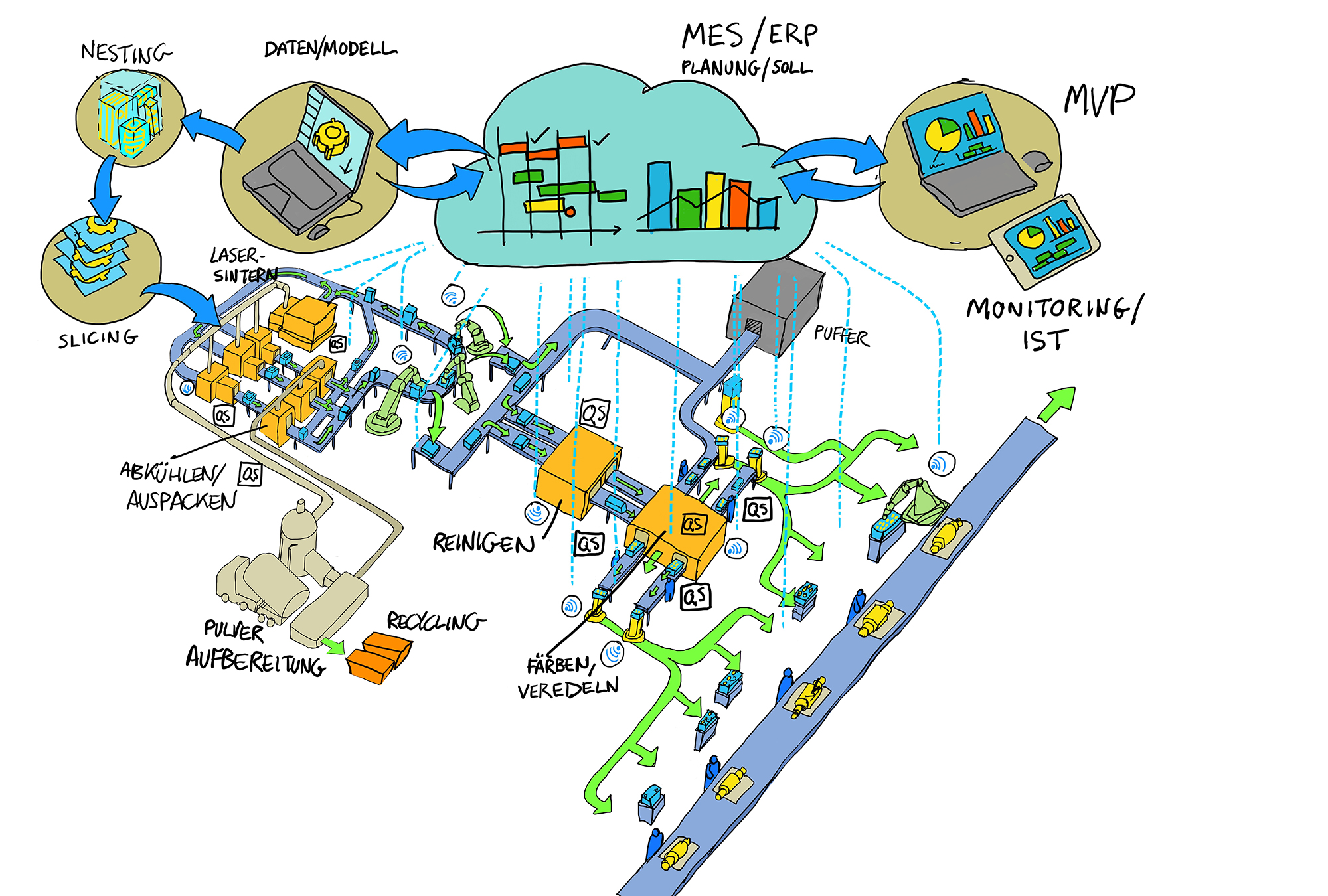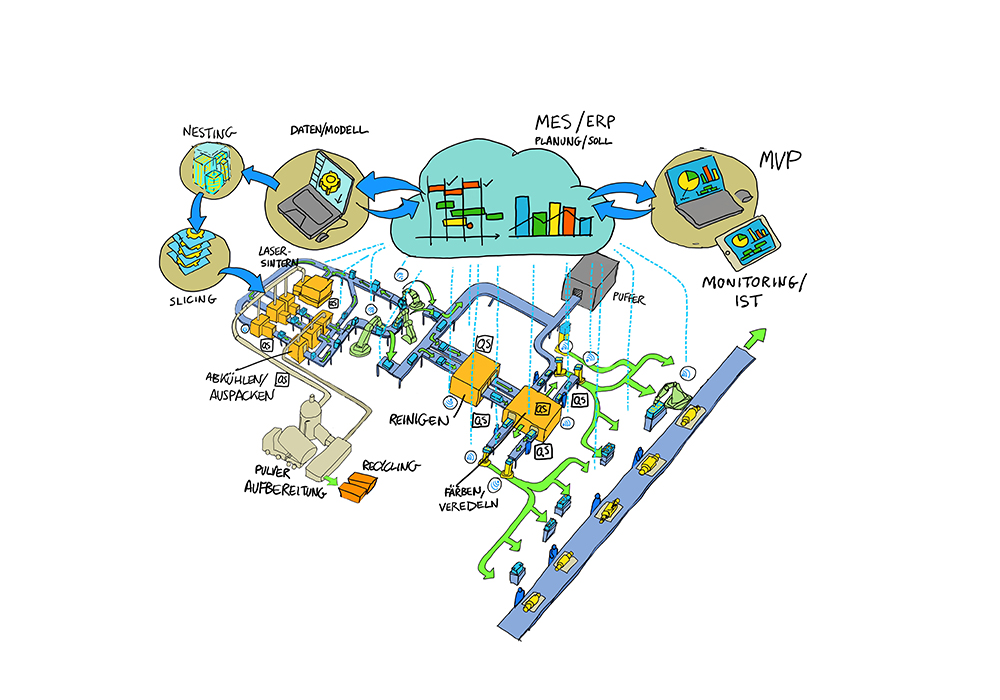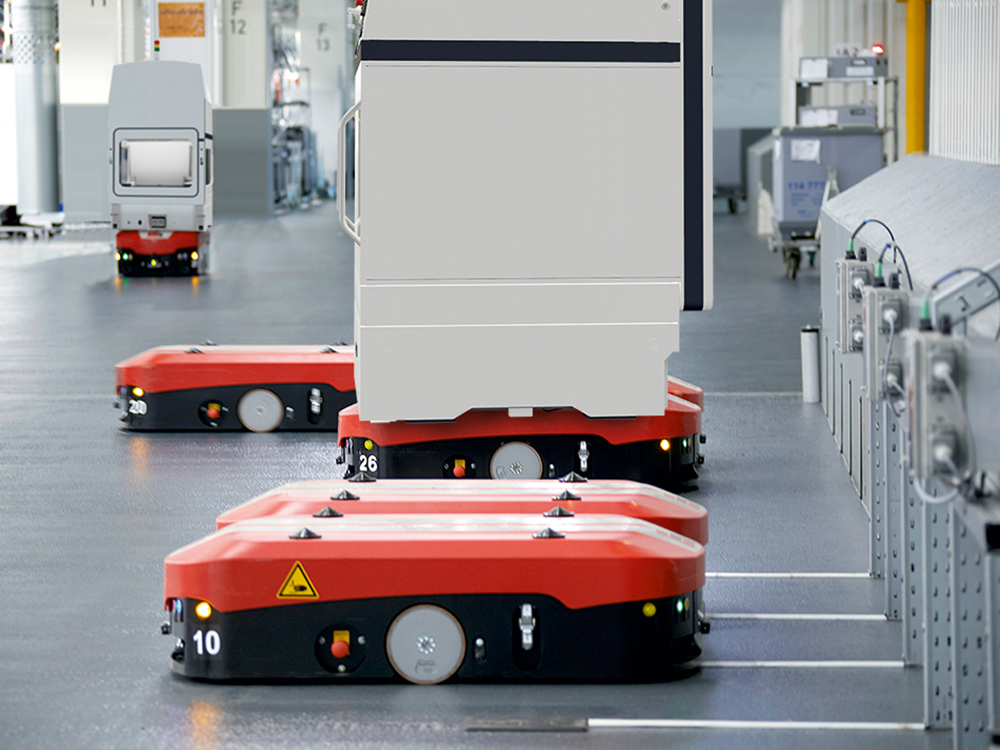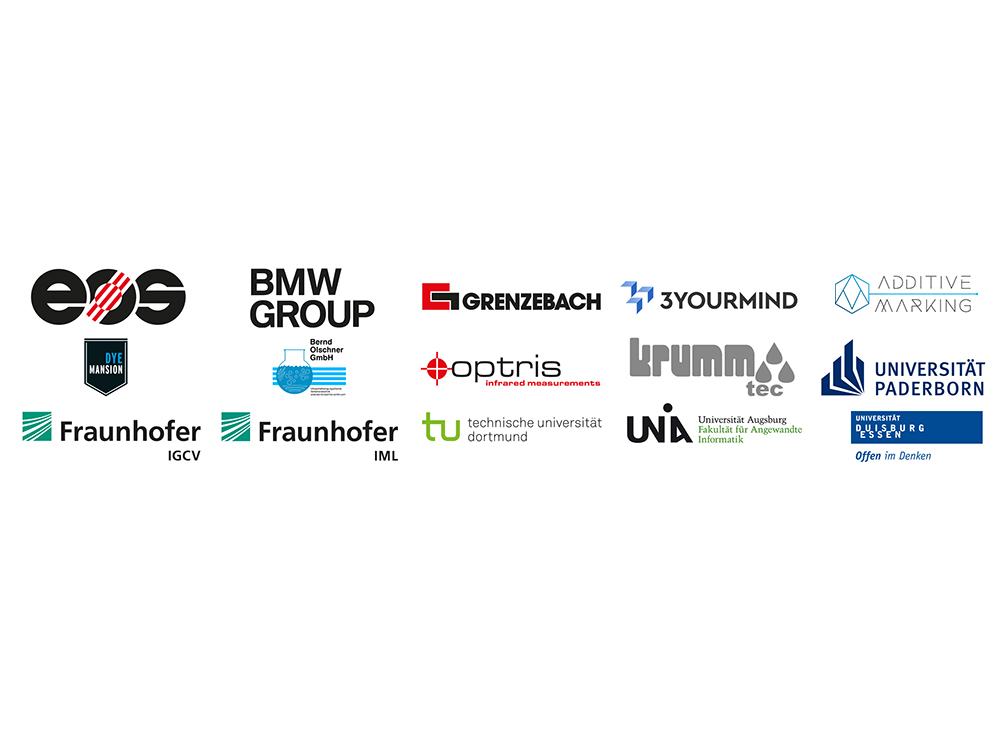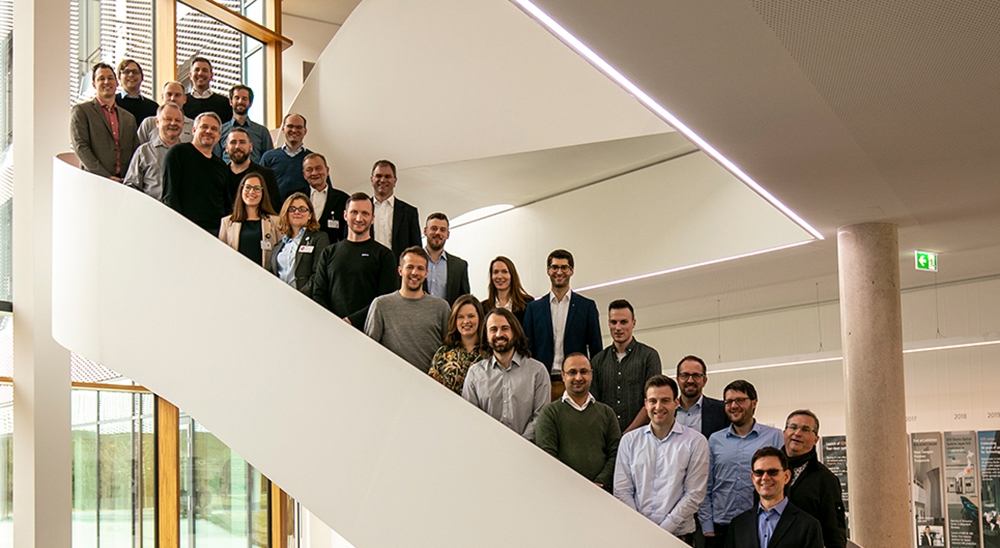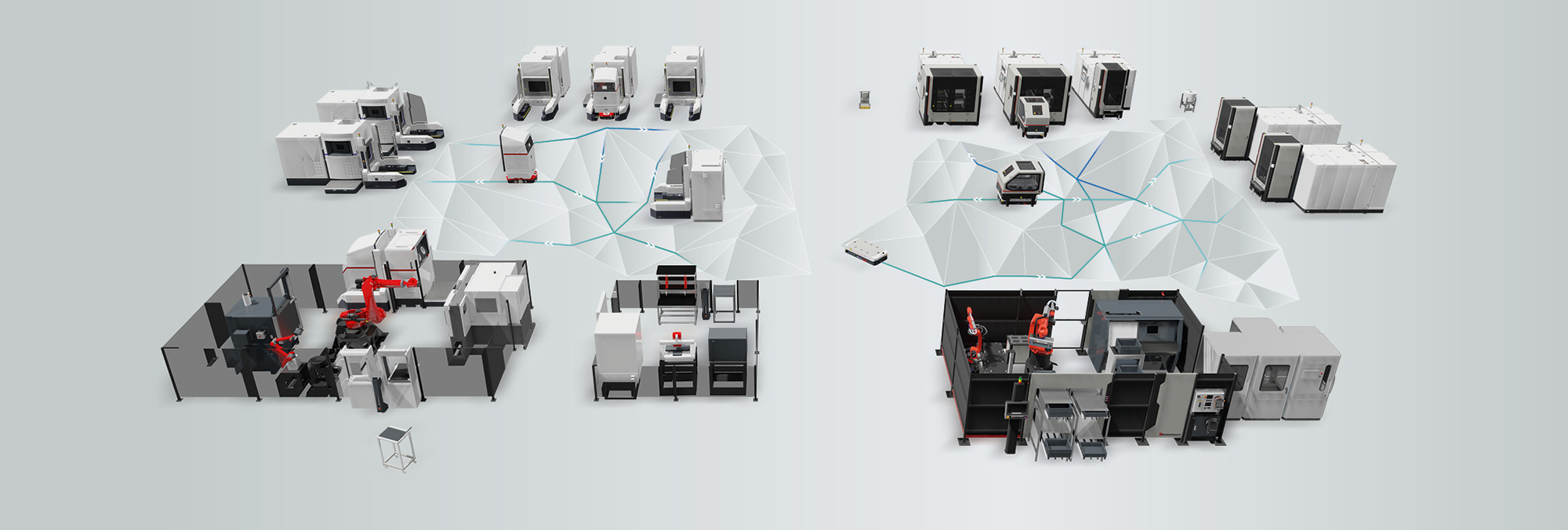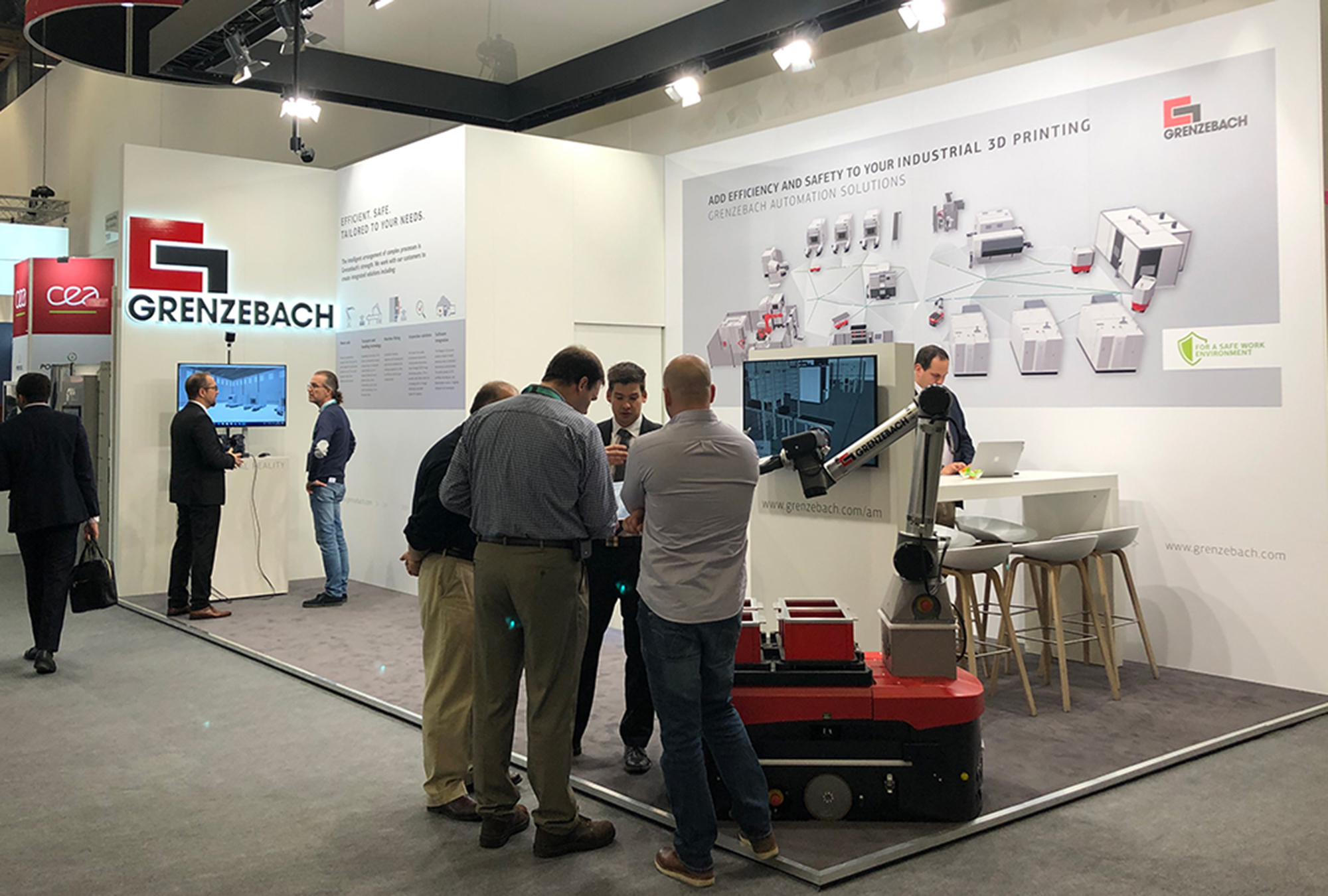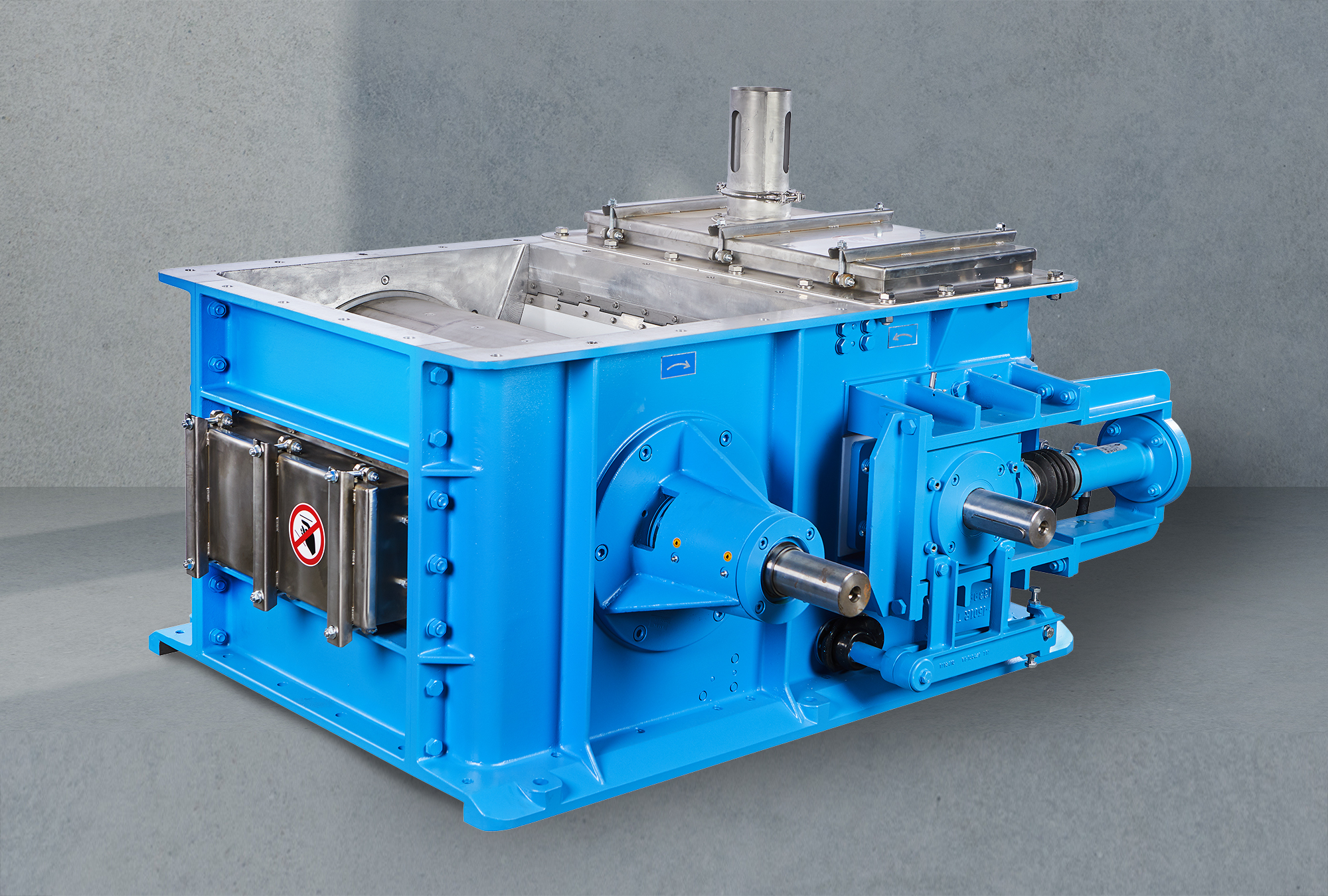Soon entering series production: additive-manufactured plastic parts for the automotive industry
The flagship project POLYLINE aims to integrate additive manufacturing processes for plastic parts into conventional series production. Grenzebach is contributing its automation expertise.
Until now, additive manufacturing processes have mostly been limited to prototype construction and small series. Project POLYLINE aims to change this. 15 industry and research partners combine their expertise to develop a digitalized next-generation production line. The project is dedicated to automating the additive manufacturing of plastic components in the automotive industry. The objective is to supplement conventional manufacturing techniques (e.g. machining, casting etc.) with additive manufacturing to create a high-throughput production line and thus enable more flexible production in the long run.
The POLYLINE project is sponsored by the German Federal Ministry of Education and Research within the Photonics Research Germany funding program and a total of 10.7 million euros. The project is planned for three years.
Since 2017, Grenzebach and EOS have been closely working together on similar projects for metal components. For example, the innovation project NextGenAM facilitated serial production of quality metal components via industrial 3D printing with an integrated and automated process chain.
Linking production processes
As a specialist in automation of industrial processes, Grenzebach contributes its expertise in intelligent and safe networking of production processes to the POLYLINE project. The challenge of additive manufacturing is the long production time of a component in the printer while upstream and downstream production steps have significantly shorter throughput times. "The synchronization of the individual production steps and transport between the individual production islands is therefore of immense importance in 3D printing" explains Oliver Elbert, Head of Business Development and contact for the POLYLINE project at Grenzebach. "Through intelligent networking, we ensure optimum material flow and thus significantly contribute to economic efficiency. In doing so, we draw on 60 years of experience in the automation of industrial processes as well as our broad portfolio of Automated Guided Vehicle (AGV) solutions." Robots and handling technology from different manufacturers are also used and seamlessly integrated into the automation concept by Grenzebach experts.
In addition, the joint development of industry-suitable automated hardware and software interfaces with all process steps is a central component of the Grenzebach work package. After all, in additive production too, data for later analysis and evaluation is the hidden gold.
A further focus is on occupational health and safety. "An optimally organized process chain in Additive Manufacturing minimizes possible health risks for employees, that can occur, for example, through particulate matter or nano-particles, and relieves them of work that is ergonomically unfavorable," says Elbert.
POLYLINE wants to combine Additive Manufacturing and existing series production
Overall, the POLYLINE project is dedicated to the integration of a holistic additive process chain into existing series production. Specifically, it aims to further develop polymer-based laser-sintering. In this process, components are manufactured from a powdered material by laser (sintering) layer by layer on the basis of digital design data. This method has the potential to realize complex structures and almost any geometry without significant additional expenditure. Up till now, however, laser-sintering can only be used in individual processes. The research project aims to find solutions for existing obstacles, such as the long processing times of individual production steps and the generally low degree of automation for physical handling and transport processes. Problems arising from this, such as the complex synchronization of individual processes and high manual effort, should soon be a thing of the past. As for the project, however, the consortium does not limit itself to an automated process chain, but also deals with a digital and continuous data chain along the entire production process. This should reduce the susceptibility to errors, make processes more transparent and enable monitoring and integration into relevant production control systems.
From flexible solution for prototype construction to scalable additive production chain
In order to achieve the project objective, the project aims at a digital and physical system breakthrough. This means that from the CAD model to the finished component, all central characteristic values and quality criteria (including identification, history and measured values) are recorded and documented. The individual sub-processes of production - from process preparation to the selective laser-sintering process, cooling and unpacking as well as cleaning and post-processing of the parts - are automated and integrated into the planned production line. For the first time, all trades of a selective laser-sintering production chain are fully linked.
POLYLINE uses a new solution approach for this purpose, which takes a holistic view of all required processes and implements them. With the success of the project, the entire process chain will not only be automated, the entire value-added chain will also be digitally recorded and monitored. The targeted production line will be implemented as efficiently as possible for and according to the requirements of the principal.
If all goes well, despite complex components the production of cars of the future will be highly flexible because personalized components and serial parts can be produced in large quantities using Additive Manufacturing processes.
